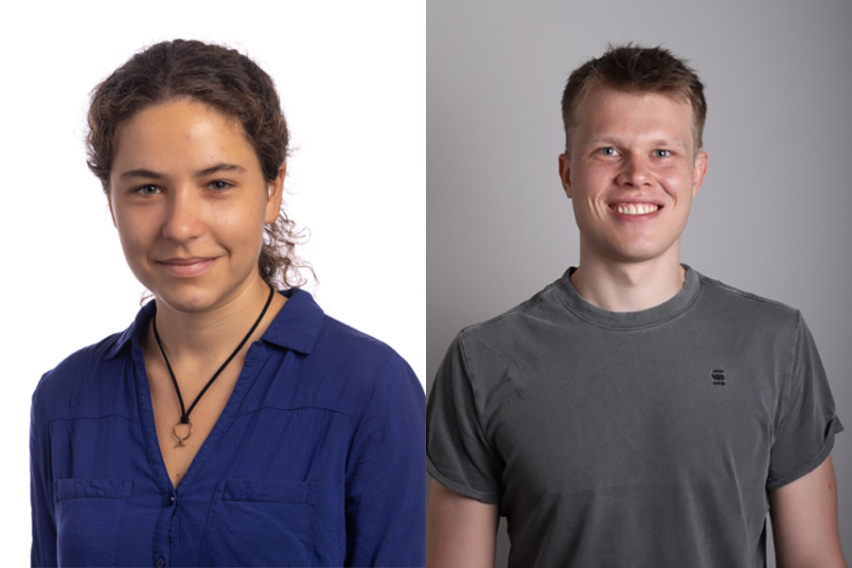MIT Koch Institute
May 2, 2018
From shared insights to exciting new research — KI member and director of the Ludwig Center for Molecular Oncology at MIT, Robert Weinberg, has had his cancer research expertise on full display this spring. Take, for example, this characteristically frank comment on new claims linking coffee and cancer, or this overview of cancer and its prominence in modern life for The Guardian. Perhaps the most buzzworthy highlight from Weinberg this season, however, is new research on potential outcomes of breast cancer surgery. In April, he and his team published findings in Science Translational Medicine suggesting that surgery for breast cancer patients may trigger a systemic immune response that allows for early metastatic relapse during the healing process. However, the study also includes some good news, showing that taking a non-steroidal anti-inflammatory drug (NSAID) after breast cancer surgery may prevent such a relapse. This new understanding about the connections between post-surgical wound healing, inflammation, and metastasis could bring change to the standard of care for breast cancer patients. The work, also featured by STAT and WBUR, was supported in part by a TRANSCEND grant through the KI's alliance with Janssen Pharmaceuticals, Inc. Read more.
